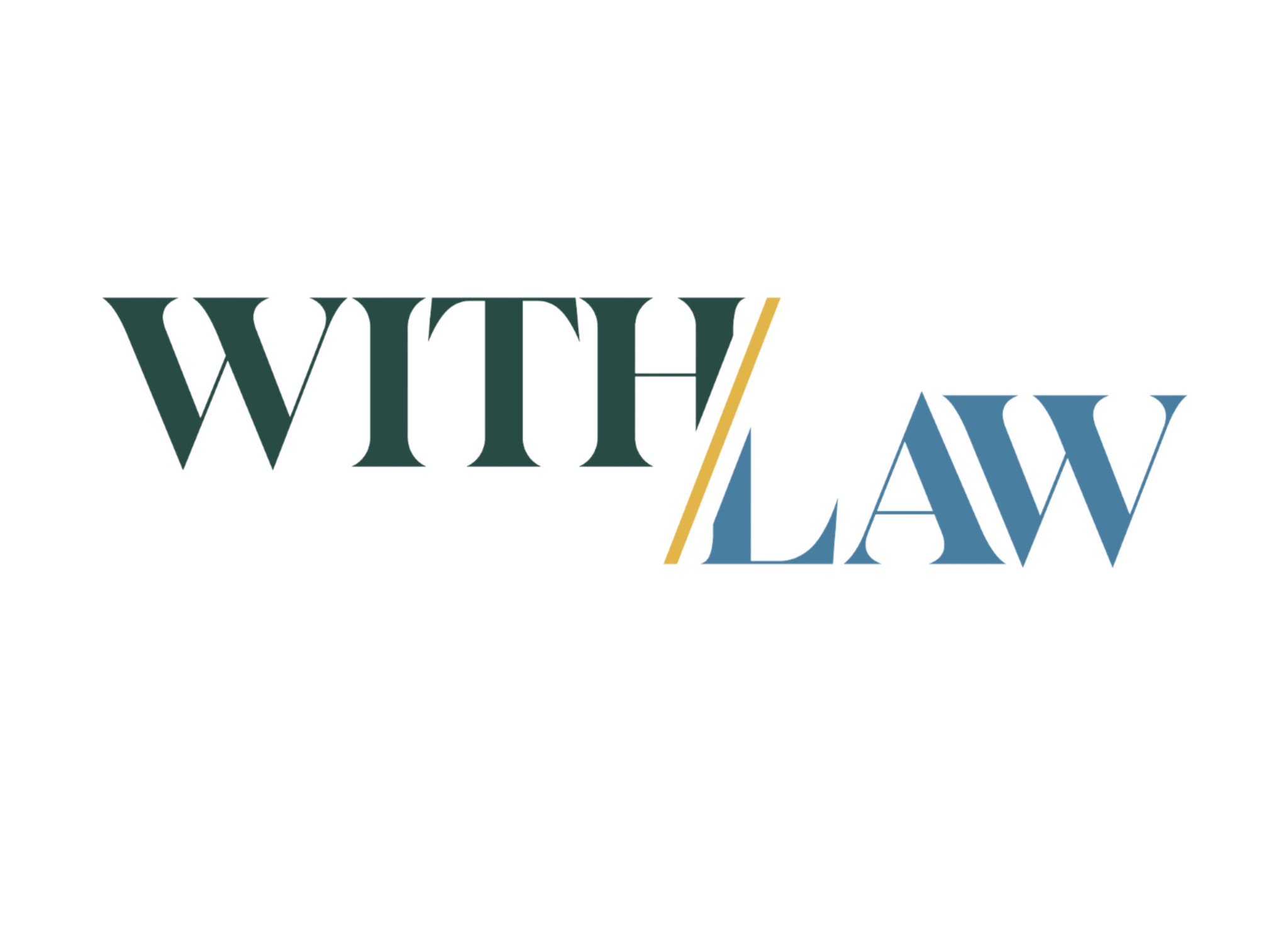The average medical bills from an average car accident claim are nearly $20,000 in some areas. Insurance companies typically do not offer victims that much money without a attorney. Here are types of medical expenses that you may face as a result of a car accident:
- Emergency room bills
- Hospital bills
- Surgery costs
- Lab fees
- Physical therapy, rehabilitation expenses
- Prescription medications
- Pain management
- Prosthetics
- Future medical costs related to a permanent disability
You may receive separate invoices from physicians or physician groups in addition to a hospital bill. Doctor fees could include review of diagnostic tests and any surgical or medical care provided. You could also be billed for tests and procedures, including blood tests, cardiology, radiology tests, or magnetic resonance imaging.
Physical or occupational therapy or rehabilitation results in more fees, as do drugs and medications your doctor may prescribe to treat your injuries. It is important that you follow the doctor’s instructions and attend all follow-up appointments.
The medical facility typically expects to receive a payment within 90 days. If the bill isn’t paid, the administrators may turn the account over to collections. Generally, when it comes to the money owed to the facility, it does not matter to the provider whether someone else was at fault for the accident, whether you’re getting a structured settlement or waiting for court, or whether you are not able to pay the bill in full. The situation gets even more overwhelming when multiple hospitals, clinics, doctors, and specialists are involved, all filing claims with balances.
When Medical Bills From Your Accident Go Unpaid, Your Credit Could be Damaged, Wages Could be Garnished, and You Could be Forced into Bankruptcy If the medical bill goes to a collection agency, that may show up on your credit report, affecting your credit score and your ability to get credit for other purposes for up to seven years. If you have different loans, those creditors can choose to raise your interest rates just because your score went down. Other adverse consequences exist, as well.
The medical practice or the collection agency may sue you, which can drop your credit score even lower.
The court may order that your wages are garnished.
You may have to file for bankruptcy if you can’t pay the bills.
Even if you can pay the bills later, your credit may still not recover for years to come.
- You Do Not Pay Attorney Fees Unless We Win.
- I Was Hurt at an Unsafe Property, What Should I do? = tragicinjurylaw.com/blogs/hurt-at-an-unsafe-property

